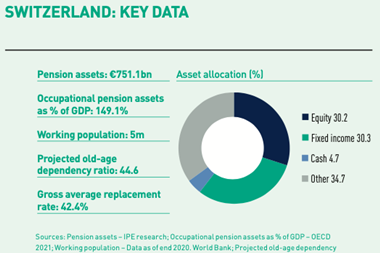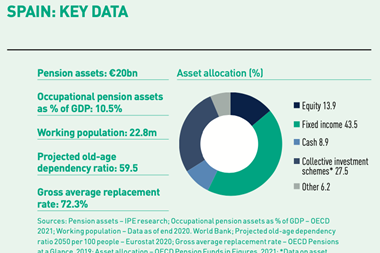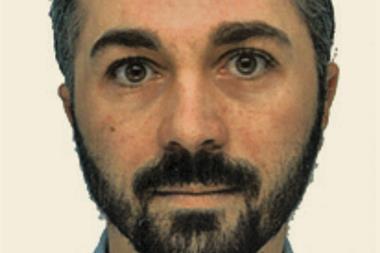The Swiss Federal Council is pressing for further impetus of its climate policy by starting a consultation on a revised draft of the CO2 Act to cut emissions. The consultation will last until 4 April 2022.
The government has this time avoided including certain elements of the law already rejected in a referendum in June.
The latest version of the draft law waives new taxes, aiming to achieve the target of cutting CO2 emissions with targeted measures, including tax incentives and funding instruments in the transport, building and industry sectors, according to a document by the Federal Department of the Environment, Transport, Energy and Communications (DETEC) explaining the rules.
The revised CO2 Act serves to halve greenhouse gas emissions by 2030 compared with the level in 1990, thus contributing to achieving climate targets. It ties in with the current CO2 law, which the parliament has extended to 2024, and includes measures for the period from 2025 to 2030.
Two thirds of CO2 emission reductions take place in Switzerland, the other third is to be achieved with climate protection projects abroad.
The new regulation would require supervisory authorities to report on climate risks, particularly with an eye to the resulting financial risks.
The Financial Market Supervisory Authority FINMA must report on the risks coming from climate change for Swiss financial institutions it supervises regularly, the Federal Department of the Environment, Transport, Energy and Communications (DETEC) said explaining the measures aiming to cut emissions across a range of sectors.
For the aviation industry, for instance, the revised CO2 law would mean that providers of fuel for the industry add “renewable aviation fuels” to the kerosene used in Switzerland in line EU regulations.
The government can financially support innovative companies developing systems for the production of renewable synthetic aviation fuels with close to CHF25-30m (€24-28.8m) per year, at the same time strengthening research and innovation.
Companies importing petrol and diesel will have to offset up to 90% of the CO2 emissions from these fuels also through climate protection projects abroad. Companies importing fuels should reduce 5-10% of CO2 emissions from fuels directly by introducing renewable fuels on the market.
This regulation would replace the temporary relief for the mineral oil tax. Under the new CO2 law, companies would be exempted from the CO2 levy if they reduce emissions from oil and gas to ultimately prove how they can reduce them to zero in the longer term.
Mixed feelings
Economiesuisse, the umbrella organisation representing the interests of Swiss firms, industry associations and cantonal chambers of commerce, has welcomed the new draft of the CO2 Act, particularly because it does not add new taxes and creates incentives for a “rapid decarbonisation”, it said.
The possibility to offset carbon emissions abroad gives a further stimulus to companies to continue to invest in climate protection projects in other countries, the organisation said, adding that the system of targeted agreements to reduce emissions should be made accessible to all Swiss companies.
The system has led the industrial sector so far to cut emissions by around 18% in the period 1990-2019, whereas the gross value added increased by almost 70%, it said.
The industry association swisscleantech, which engages to make the Swiss economy CO2 neutral by 2050, is “discouraged” by the new draft, however.
“If we want to reduce emissions in Switzerland in a cost-efficient and targeted manner, a state of stand-by for tax incentives is wrong,” said the co-president of swisscleantech Fabian Etter.
Swisscleantech therefore regrets that the draft does not foresee an increase in tax incentive on fuels as originally planned, adding that Switzerland misses the opportunities that “a proactive approach opens up.”
The CO2 tax levied on fossil fuels such as oil and gas in buildings remains at CHF120 per tonne. Up to almost half of the funds generated from the tax can be invested in climate protection measures.
The revenues generated from CO2 tax will finance projects in the field of geothermal energy, municipal and regional energy plans, and the protection of thermal networks, the government said.









